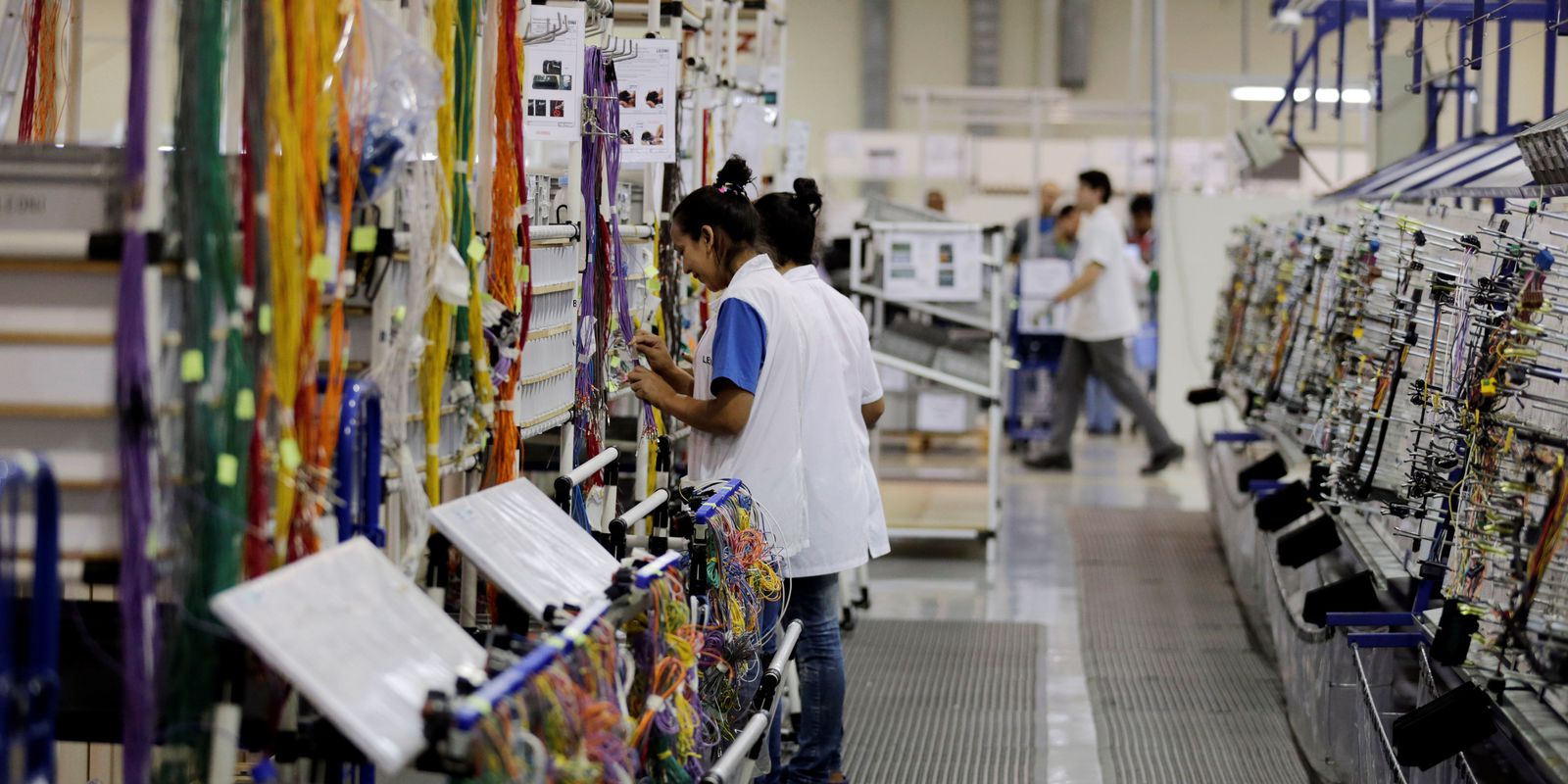The possible extension of the war between Russia and Ukraine could affect the financial health of Brazilian industry, said today (14) the National Confederation of Industry (CNI). According to the entity, the sector is already being affected by the increase in commodities (primary goods with international quotation).
In a report, the CNI says that the international rise in the prices of agricultural, mineral and energy raw materials increases the pressure on inflation, already affected by the covid-19 pandemic. For CNI, the high inflation may result in additional increases in interest rates, in Brazil and abroad, with a negative impact on the Brazilian economy.
According to CNI’s economics executive manager, Mário Sérgio Telles, the effects of the conflict on the Brazilian industry and economy depend on the duration of the conflict. For Telles, a long war could influence Brazil’s exports as a whole, causing the global economy to slow down.
In the Brazilian case, the rise in the price of minerals and agricultural products should have more immediate effects on inflation. In the case of oil, the rise not only affects fuel prices, but also petrochemical products, such as plastics and packaging.
Due to the low growth of the Brazilian economy, highlights the CNI report, the industry should not be able to fully pass on to the consumer the cost of the increase in raw materials at first. According to the entity, this compromises the financial health of the industry and reduces the profit margin of companies still affected by the pandemic, increasing the risk of bankruptcies and default.
global chains
Another impact on the industry will be the shortage of components for the manufacture of chips and semiconductors. That’s because Russia and Ukraine are major global producers of metals used in these products. The conflict is expected to exacerbate the mismatch in global production chains, with an increase in freight prices and long-term repercussions because the stabilization of the flow of inputs only occurs as suppliers recover the rhythm of production and distribution.
From February 23 to March 8, according to CNI, prices in the futures market of several commodities shot. The international price of wheat rose 45.3%. The price of a barrel of oil jumped 34.3%. Palladium also became more expensive (+21.7%); corn (+10.3%); sugar (+4.9%) and aluminum (+4.2%).
foreign trade
Regarding foreign trade, the CNI assesses that the flow of goods between Brazil and Ukraine is small. For the confederation, the main difficulties should be observed in trade between Brazil and Russia. Last year, Brazil bought US$ 5.7 billion in Russian products, mainly fertilizers, light petroleum oils, mineral coal and metallurgy items.
In 2021, Brazil imported US$ 5.7 billion from Russia. Despite the amount being equivalent to 2.6% of total Brazilian imports, the country was the sixth largest source of goods purchased by Brazil. As for exports, Russia was Brazil’s 36th largest trading partner, with US$ 1.59 billion in shipped products (0.6% of total foreign sales).

















